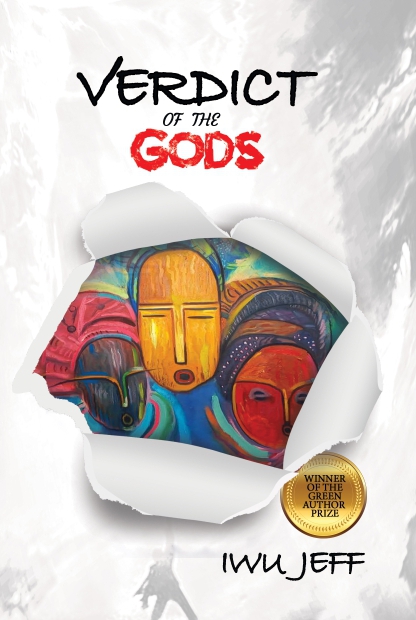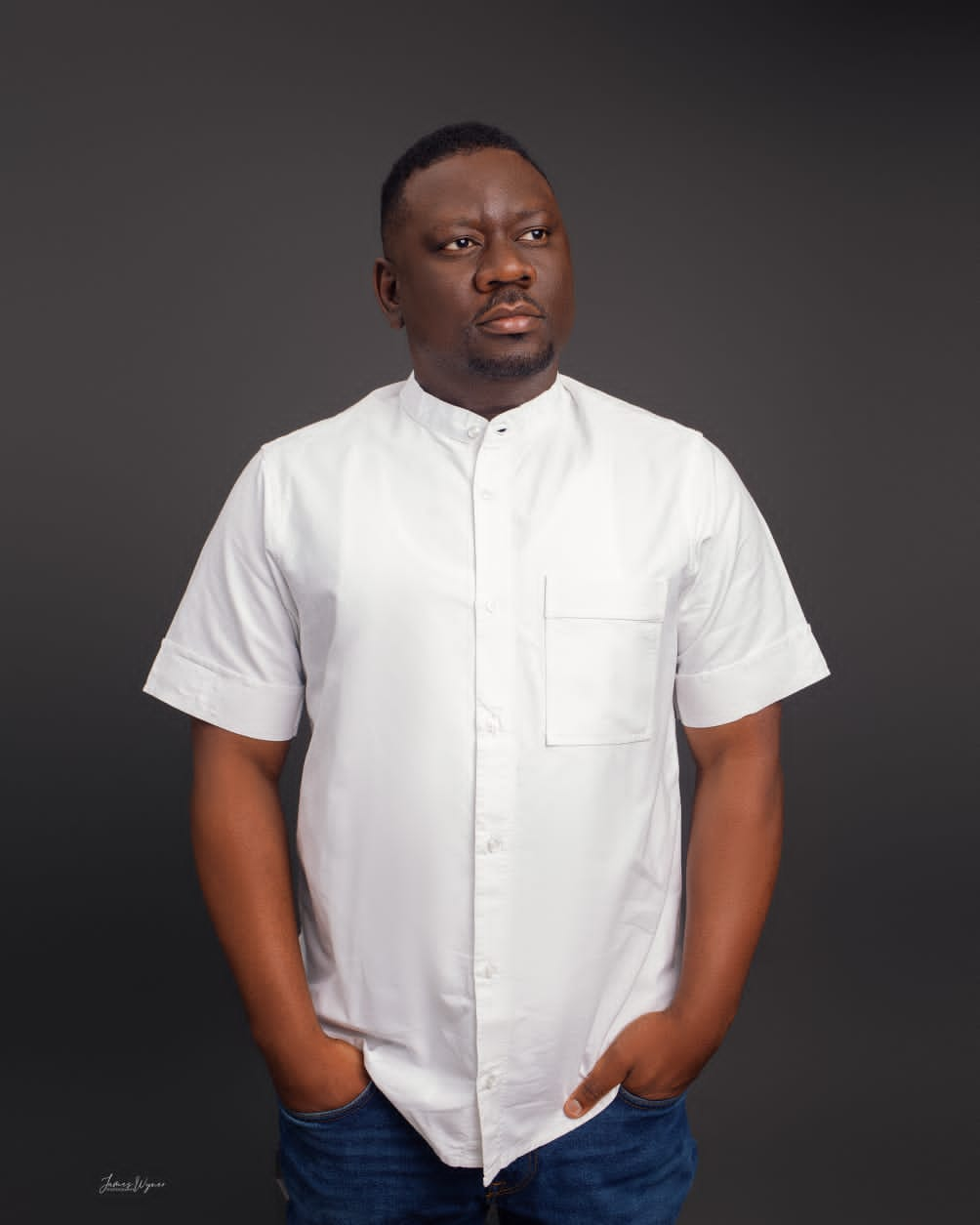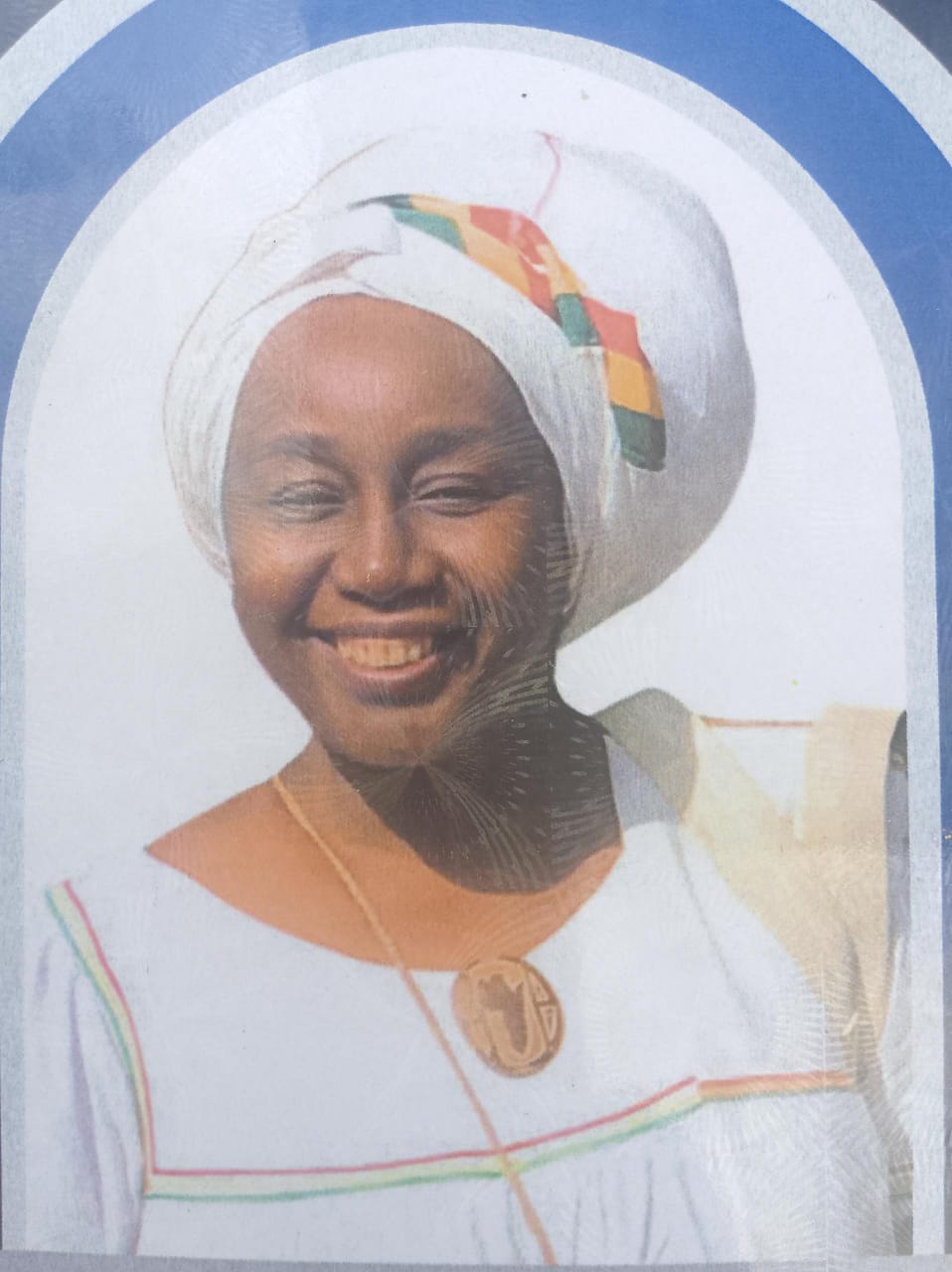Psychological trauma, healing in Jeff Iwu’s ‘Verdict of the Gods’

By Maryjane Onah
JEFF Iwu’s Verdict of the Gods is not just a play; it is a cry from the depths of communal pain, an echo of what it means to live under the weight of calamity with no clear cause, no voice of comfort, no reassurance that suffering has meaning. Reading the play, one is immediately drawn into the anguish of Achara land, a people who feel abandoned by the very gods they have served with devotion. What makes the play so powerful is the way it translates that sense of abandonment into psychological experience: fear that corrodes, guilt that gnaws, memory that refuses to rest. And yet, for all its darkness, the play does not leave us there. It dares to imagine healing, painful, tragic, costly, but still healing.
The opening laments are some of the most moving passages of trauma I have seen in recent Nigerian drama. The Old Man’s cry at the prologue cuts straight into the heart, he says, “Our wounds keep widening and deepening, gushing blood. Falling tears are no more salty. Tears are now expired blood. The eyes of the sky has turned red. We have no cover. What is happening to our land? Where are we heading to? Speak! Oh, gods of our ancestors!” The language is not abstract philosophy; it is visceral, almost bodily. Wounds widen and gush blood, tears lose their salt, even the sky turns red. It is as if the entire cosmos shares in the people’s grief. Trauma here is not only psychological; it is environmental, cosmic, and it reminds me of how real-life communities describe long seasons of violence or famine: not just as “events” but as stains that seep into every part of existence.
The silence of the gods deepens this wound. Again and again, the priests return with the dreaded verdict: “the gods are mute again”. That phrase repeats like a drumbeat through the play, and with each repetition the weight grows heavier. For a community whose sense of security rests on the responsiveness of its deities, divine silence is devastating. That statement, far from just a literal information, is even more mortiferous to an afflicted community whose last resort is rested on uncompromising gods. Okaka’s frustrated outburst—“Why? Why? Let the gods speak; let them speak! We’re suffering. Haven’t we suffered enough?” —feels less like blasphemy than the desperate cry of anyone who has suffered in silence, waiting for an answer that never comes. Yet Agiriga rebukes him sternly: “How dare you mere mortal tell the gods when to speak?… At any point in time, the gods are right; the gods are wise!”. This tension between desperation and faith captures the psychological dissonance of trauma: the pull between wanting to scream at heaven and the need to keep believing that suffering has meaning.
Then comes the play’s most shocking revelation: that the people themselves are guilty of killing their gods. Agumba declares, without hesitation: “Yes! You killed the gods. The gods came down from the sky and dwelt among you. You recognized them not; you killed them!… Some you stoned to death. Some you buried alive. Some you burned alive. Some you hanged on the tree. You took justice in your own hands”. The people cry out in disbelief: “Ewoooh! We’re in for trouble. We killed the gods. How?”. That moment is devastating. The gods’ silence suddenly makes sense, but in a way that is unbearable. They are silent not because they are indifferent, but because the people themselves silenced them. Agumba drives the point home with brutal clarity: “You shut their mouths. You blocked their ears. You tied their hands. And you crippled their legs. Gods that can’t speak, see, move, fight and kill are dead”. This is trauma redefined, not only suffering from calamity but also the psychic torture of knowing you are complicit in the desecration of what you hold most sacred.

Eze Obioha, the king, embodies this unbearable tension. He is not a detached ruler but a father tormented in his own household. He laments: “My son has another hand coming out of his chest… My two daughters can no longer speak. We have followed every smell our noses can perceive, yet we have not seen any rotten thing… Our gods are silent, my people. I am not spared from this calamity”. The grotesque image of a child growing another hand out of his chest, daughters stripped of speech—it is a metaphor for how trauma deforms and silences entire generations. The king searches desperately for the “rotten thing” to explain their condition but finds nothing. That futility (seeking answers where none can be found) is the very essence of psychological torment.
The trauma spills over into hysteria. Villagers, blinded by grief, turn against their king: “Let’s burn the palace!… The king is evil! He wants our death! He cares not for us!”. It is a heartbreaking moment because Eze Obioha is suffering just as deeply, but trauma often turns neighbours into enemies. And the women’s cries strike even deeper: “Igweeeh! I’m finished. Death has taken away my only eyes—I am blind now. My son, my root, my instrument of immortality is gone, just like that. Cursed is the land!”. This lament captures the gendered weight of trauma. For the mother, her son is not only a child but her “eyes,” her “root,” her “instrument of immortality.” His death is the death of her future, her identity, her continuity. Trauma here is both private grief and collective despair, a pain that erases the self.
How then can healing come to such a people? Iwu does not give us an easy answer. Healing in this play does not arrive in the form of sudden divine forgiveness or miraculous restoration. Instead, it comes in the most tragic way imaginable: the self-sacrifice of the king. When Eze Obioha takes his own life by hanging, it shocks the audience but also transforms the narrative. Agiriga interprets: “This is the hand of the gods! The will of the gods is fulfilled… For this course, Eze Obioha came to the world to cleanse his land, and for this, he has left”. The elders confirm: “So, the sins of the whole land now rest upon him. He sacrificed himself as an offering for liberation. He is a lion indeed. He is the son of the gods”. And Ezemma, with a mix of awe and relief, concludes: “So, the gods can speak!”.
This moment is haunting. On the one hand, it feels like healing: the silence of the gods is broken, the community finds closure, and guilt is absorbed into the sacrifice of a single man. On the other hand, it is deeply tragic. Healing comes at the cost of the king’s life. Trauma is not erased; it is transmuted into a story of redemption, a narrative that allows the community to move forward but leaves scars that can never fully disappear.
And maybe that is Iwu’s deepest insight. Healing, in this play, is never total. The gods may speak again, but the memory of killing them will linger. The people may rejoice, but they will always remember that their redemption was bought with the body of their king. This is, in many ways, the truth of trauma itself, foregrounding what Judith Herman argues, that recovery is not about erasing wounds but about giving them meaning, weaving them into a narrative that allows survivors to live again. Verdict of the Gods captures that paradox beautifully: trauma lingers, but healing comes in the act of transforming unbearable guilt into redemptive sacrifice.
Reading this play, one cannot help but think of real communities torn by violence, betrayal, or corruption. The silence of the gods could be the silence of institutions that fail to protect. The guilt of killing the gods could stand for the complicity of citizens in sustaining oppressive traditions. And the king’s sacrifice could remind us of leaders who must bear the weight of communal sins. What Iwu gives us is not only a mythic tragedy but a mirror of our own broken world, where trauma is ever-present and healing, if it comes, is always costly.
In the end, Iwu’s Verdict of the Gods is not only about the gods and a village; it is about us. It asks whether we can face the traumas we have buried, whether we can confess to the violence we have justified, and whether we are willing to pay the price of healing. Its answer is sobering but also hopeful: yes, healing is possible, but it will demand truth, sacrifice, and the courage to transform wounds into meaning. That is what makes the play both devastating and redemptive, and why it deserves to be read as a profound exploration of psychological trauma and healing.
* Onah, a literary scholar, editor, creative writer and educator, is the author of Tainted Innocence, and Seeds of Decay




